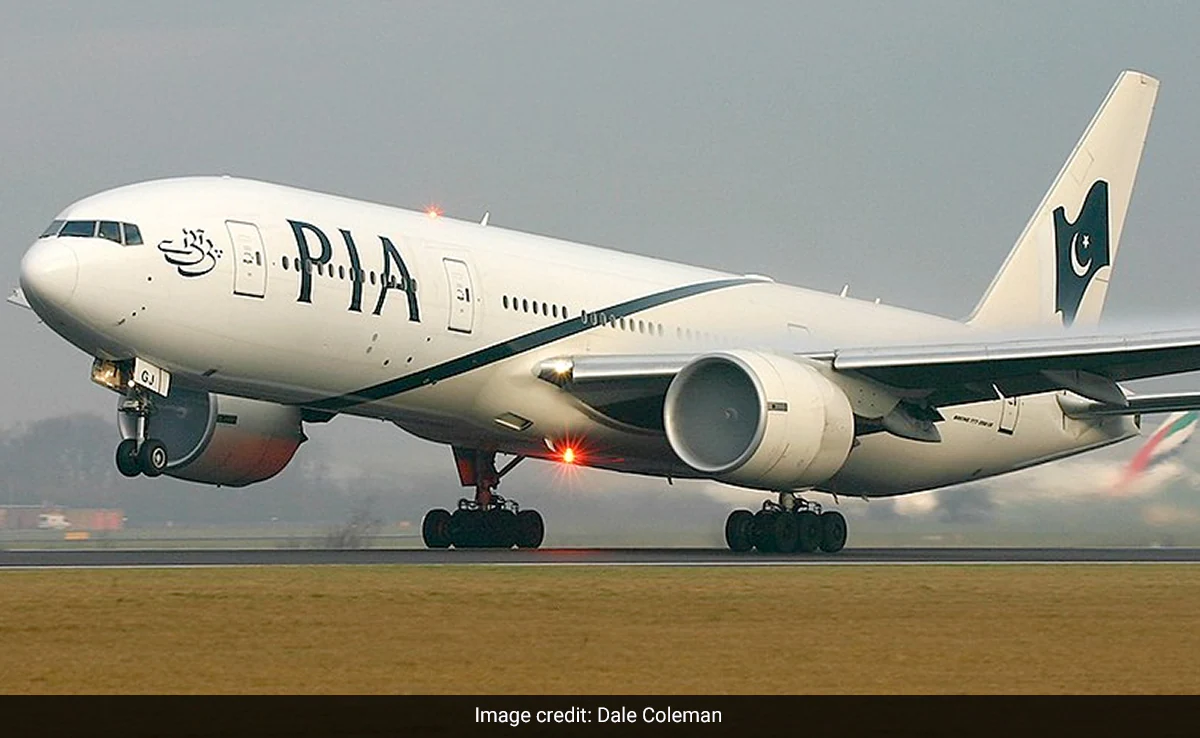
Pakistan International Airlines (PIA), the national carrier of Pakistan, is currently grappling with a severe crisis that has led to significant disruptions in its operations, ultimately affecting passengers and raising concerns about the stability of the country’s aviation industry.
The root cause of the crisis is the suspension of fuel supplies by Pakistan State Oil (PSO) due to unpaid dues. The suspension of fuel supplies has compelled PIA to cancel 26 flights from major cities across the country, including Karachi, Lahore, Islamabad, Quetta, Bahawalpur, Multan, and Gwadar, as reported by Geo News. The suspension of fuel supplies is a severe blow to PIA, which relies on a steady fuel supply to maintain its flight schedules and operations.
PIA’s spokesperson confirmed the flight cancellations and highlighted the airline’s commitment to minimizing travel disruptions for affected passengers. As a contingency measure, the airline has rebooked these passengers on alternative flights. However, the broader implications of the fuel supply suspension are significant and are causing operational challenges.
To address the immediate crisis, PIA has implemented a fuel adjustment plan. This has led to a substantial reduction in its operations, with only three flights operating from Karachi. Additionally, in a bid to secure a two-day fuel supply, PIA made a payment of PKR 220 million to PSO, as reported by ARY News. The airline has already paid Rs 500 million towards its outstanding dues to PSO, with daily payments to PSO now in progress.
The financial turmoil and the resulting crisis in PIA have been further exacerbated by various factors. One significant setback has been the rejection of PIA’s request for an emergency bailout of PKR 22.9 billion by the Economic Coordination Committee (ECC), a high-level economic decision-making body in Pakistan. The ECC also declined PIA’s request to defer payments of PKR 1.3 billion monthly to the Federal Board of Revenue (FBR) against Federal Excise Duty (FED) and PKR 0.7 billion per month against rising charges, according to Geo News. These financial challenges have left PIA in a precarious situation, unable to meet its financial obligations effectively.
The situation is not just a matter of concern for PIA but also raises questions about the overall stability of the aviation industry in Pakistan. The suspension of aviation turbine fuel supply to the national carrier not only affects its immediate operations but also has wider implications for the industry. PIA’s plea for support is underscored by the potential for supply chain disruptions, as major aircraft manufacturers like Boeing and Airbus have previously warned of suspending spare parts deliveries for its fleet by mid-September. This further complicates PIA’s ability to maintain and service its aircraft, which is essential for the airline’s safe and reliable operations.
This latest development compounds the challenges that PIA has been facing in recent years. The airline has been working diligently to address outstanding tax issues that have previously led to the freezing of its bank accounts, further impacting its financial stability.
Despite these hurdles, PIA is making concerted efforts to restore operational stability and ensure that travelers can access essential air travel services without undue disruption. The crisis highlights the importance of addressing the underlying financial and operational issues faced by the national carrier and underscores the broader need for a sustainable and resilient aviation industry in Pakistan, which is crucial for the country’s connectivity and economic growth.
Thank you for entrusting us as your source of information. Together, we aim to shape a world where knowledge transcends borders and unites us all. Stay focused, stay informed, and let’s make our world a better place, one story at a time.



